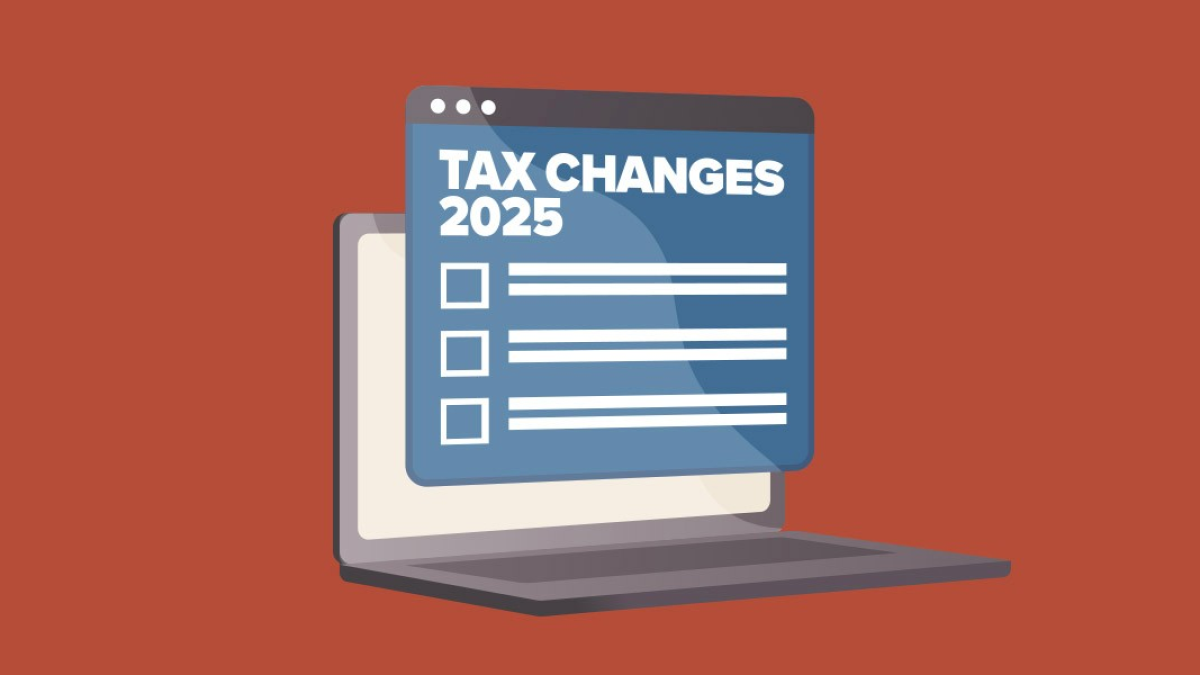Understanding the One Big Beautiful Bill Act (OBBBA)
The One Big Beautiful Bill Act proposes sweeping changes to the tax code, building on the 2017 Tax Cuts and Jobs Act (TCJA) and introducing new benefits for taxpayers. Below is a summary of the key provisions.
Estate Taxes
Higher Estate & Gift Tax Exemption
Effective next year (2026), the lifetime estate and gift tax exemption will increase to $15 million per person or $30 million per couple.
Income Taxes
Permanent Extension of Lower Rates
Today’s seven ordinary income tax brackets — 10%, 12%, 22%, 24%, 32%, 35%, and 37% — are now made permanent under the OBBBA.
Higher Standard Deduction
The TCJA’s higher standard deduction becomes permanent and increases in 2025:
- Single: $15,750
- Head of Household: $23,625
- Married Filing Jointly: $31,500
New Senior Deduction
Starting in 2025, taxpayers age 65+ can deduct an additional $6,000 per person. This deduction phases out by 6% of AGI over $75,000 ($150,000 married) and is available through 2028.
Child Tax Credit Increase
The child tax credit rises to $2,200 per child in 2025 and is indexed for inflation from 2026 onward. This higher amount is made permanent.
Higher SALT Deduction (Temporary)
The state and local tax (SALT) deduction cap increases to $40,000 in 2025. This is phased out for incomes above $500,000 and reverts to $10,000 in 2030.
New Deductions for Work-Related Income (2025–2028)
- Tips: Deduct up to $25,000 in qualified tips (phases out for high incomes).
- Overtime: Deduct up to $12,500 (single) or $25,000 (married) of overtime pay.
Charitable Deduction for All
Non-itemizers can deduct up to $1,000 ($2,000 married) of charitable contributions even while taking the standard deduction.
Enhanced Dependent Care Benefits
- The Dependent Care FSA limit rises to $7,500.
- The child/dependent care credit rises to cover up to 50% of expenses starting in 2026.
Account Type Changes
Expanded 529 Plan Uses
- Can now be used for qualified K-12 expenses starting in 2026.
- Includes post-secondary credentials as qualified expenses (like the CFP®).
Trump Account for Minors
This is a new tax-advantaged retirement-style account for beneficiaries under age 18.
- IRS-Funded Pilot Program: $1,000 will be contributed by the IRS to Trump Accounts for children born between 2025–2028.
- Tax Treatment: Mirrors a Traditional IRA, rather than capital gains treatment.
- Investment Rules: Must be invested in a U.S.-domiciled mutual fund or ETF that meets specified rules.
- Beneficiary Death: If the beneficiary dies before age 18, the account balance is taxable immediately to the beneficiary (or on their final return if deceased).
What This Means for You
The passing of the One Big Beautiful Bill Act marks a significant shift in the tax landscape — with long-term implications for income, estate, and financial planning. While many of these changes offer meaningful savings and new opportunities, they also come with complexity and time-sensitive windows for action.
Whether you’re looking to preserve wealth, maximize deductions, or plan for future generations, now is the time to revisit your strategy. We’re here to help you make sense of the changes — and make the most of them.

